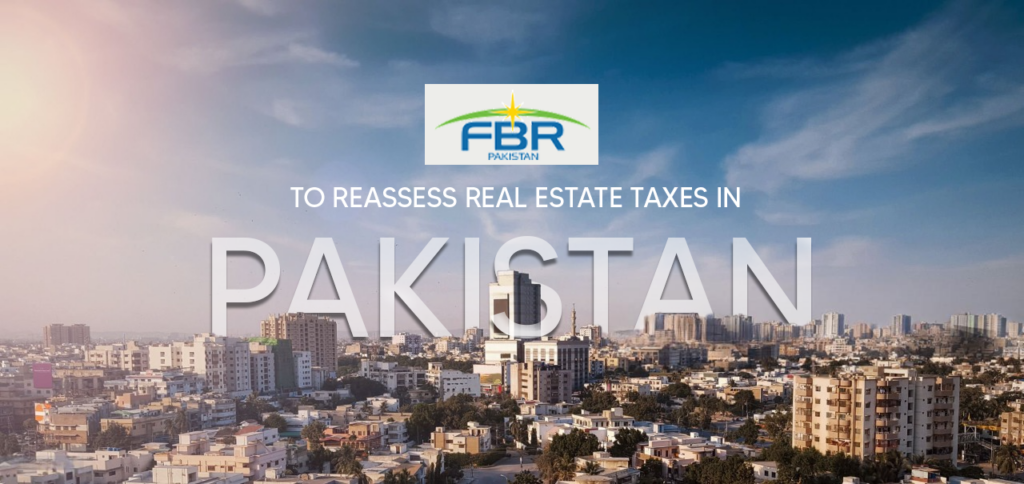Islamabad, 21 May, 2025: FBR Reveals Real Estate Firms shifting operations from Pakistan to Dubai amid rising tax burdens, as confirmed by senior officials during a session of the Senate Standing Committee on Finance.
Authorities acknowledged that several prominent property developers and businesses have been relocating their operations to the UAE due to the high taxation environment in Pakistan.
The disclosure was made in a briefing to the committee, chaired by Senator Saleem Mandviwala, where the FBR Reveals Real Estate Firms trend raised concerns among legislators.
READ MORE: FBR Slaps 10% Fee on Afghan-Bound Goods
FBR officials outlined that tax rates on non-filers in the real estate sector now range from 5% to 35%, creating a challenging environment for domestic investment.
Call to Support Domestic Business Instead of Amnesty
During the session, Senator Faisal Vawda proposed the introduction of a one-time amnesty scheme to encourage businesses to return to Pakistan.
However, FBR Reveals Real Estate Firms officials firmly rejected the idea, stating that under Financial Action Task Force (FATF) regulations, any form of amnesty was not permissible.
FBR representatives reiterated that Pakistan, as part of its agreements with international lenders, cannot extend such concessions.
They emphasized that while tax compliance is strict, it is essential for sustaining the national revenue stream.
Export Refunds and System Delays Discussed
The committee also reviewed persistent issues around exporter refunds. FBR officials stated that five priority sectors including textiles, leather, and surgical goods are receiving timely payments through the central system.
Refunds for other sectors, which had previously been processed manually, are set to be updated and issued by May 23.
READ MORE: FBR Shuts Retail Outlets Over Alleged Tax Evasion
Despite progress, challenges persist, especially in food export refunds. Chairman Mandviwala urged the FBR to resolve delays swiftly.
The revenue authority proposed removing local refund mechanisms and aligning the process with international best practices through parliamentary legislation.
The session concluded with calls for reform, urging the government to create a business-friendly tax regime to retain local investors and curb the flight of capital.









